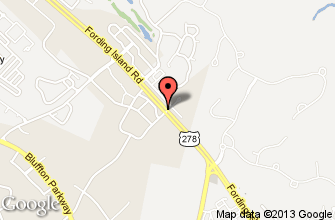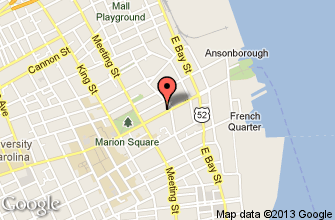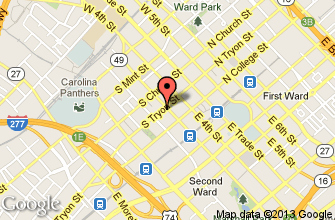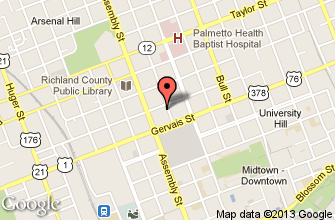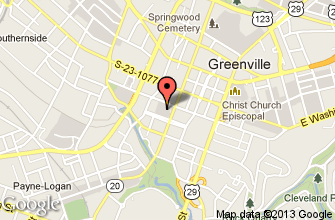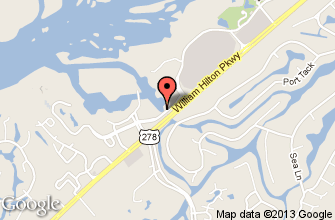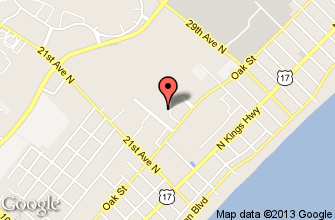News Room
PrintHurricane Season is Here. Is your Business Ready?Authored by: Richard J. Morgan, South Carolina Employment Law Letter
June
26, 2018
South Carolina employers, particularly along the coastal regions, are faced every year with the question – “what do we do when a hurricane is upon us?” The real question is does the employer have a plan in place that has been communicated to its employees so that not only will the business and its assets be protected as much as possible, but also your employees know what to do to protect themselves and their families. Read on for some suggestions.
Learn the terms
Everyone should understand the difference between a tropical depression, a tropical storm, and a hurricane. You should also be aware that the high winds that accompany these weather events can spin off extreme winds, tornadoes, localized flooding, and for those along the coast, storm surges. Understanding these weather terms can help you as the employer and your employees to prepare for and plan what to do. One key tip is to listen to your local government officials and if directed to leave the area, it is best to heed the warnings.
Hurricanes are based on a scale from Category 1 (least dangerous) to Category 5 (most dangerous). Each category can create havoc and damage, and none should be taken lightly. The higher the category, the greater the wind speed. Those winds at any level, in conjunction with the precipitation, can damage businesses and homes, cause branches or trees to snap and down power lines. Power outages are likely to occur, they can last for weeks, and the downed power lines can be another danger. Be smart, stay away from downed power lines and be particularly watchful to insure that children are kept at a safe distance.
Have a Plan
Both employers and individuals should know the following:
- Have an inventory of your assets/belongings. This will assist if any catastrophic event occurs, whether it be a fire, a robbery, or a hurricane. Businesses should, as a rule, have offsite and secure backups for all of your electronic systems and data. That requires, at a minimum, daily backups and storage offsite.
- Does your business or do you as an individual have an emergency preparedness plan or any special needs? Businesses such as nursing homes or inpatient medical facilities should know where they will need to move their residents or patients which includes how those individuals will be transported. Individuals should make certain all necessary medications are readily accessible in the event you need to vacate your residence. If you are a pet owner, make certain you have included your pets in your emergency planning.
- What are the radio,TV, or other emergency notification systems in area? You may have a preferred means to secure your information, but whatever you decide, know where and how to keep informed about the weather developments.
- Check your insurance. Know what coverages you have and what you do not have if a weather event occurs. Have your agent’s contact information available so that you can contact them as quickly as possible after a weather event occurs.
- As quickly as possible after the event and when approved by law enforcement, secure your property and make whatever temporary fixes you can to prevent further damage to your business or home.
- Be familiar with evacuation routes in your area.
- Know where the emergency shelters are in your evacuation area.
Be Prepared
The bottom line is to be prepared. Plan for the worst and your business and your employees should get through hurricane season in as good a shape as possible. Do not wait until the last minute. Historically, with the busy hurricane season occurring during late August through early October, now is the time to review, and update as necessary, your hurricane preparedness plan and inform your employees. Do not wait until it is too late. If you need a good guide, the South Carolina Emergency Management Division, scemd.org, has published a user-friendly and very helpful guide that can assist during the hurricane season.
